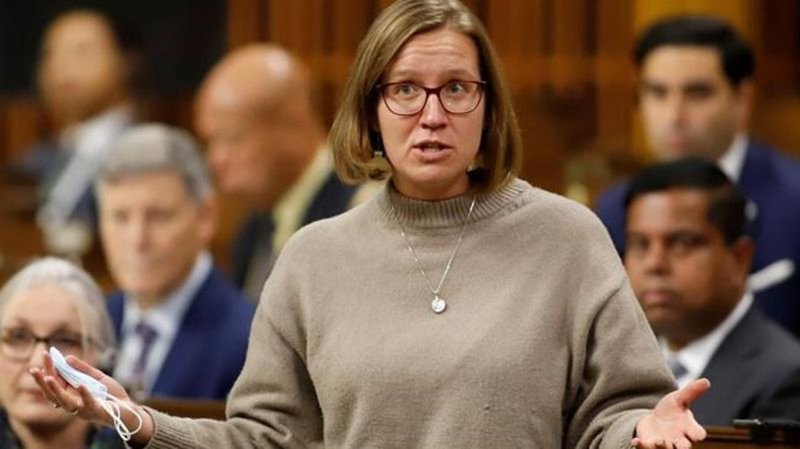
In The News for Dec. 8 : Liberals set to introduce promised child-care legislation
In The News is a roundup of stories from The Canadian Press designed to kickstart your day. Here is what’s on the radar of our editors for the morning of Dec. 8 …
What we are watching in Canada …
Families Minister Karina Gould is expected to introduce legislation today to strengthen child care in Canada, which is likely to include an effort to secure a long-term role for Ottawa in the new national daycare system.
The Liberal government brought in a national childcare plan that would cut daycare fees by an average of 50 per cent by the end of this year — and down to an average of $10 per day by 2026.

